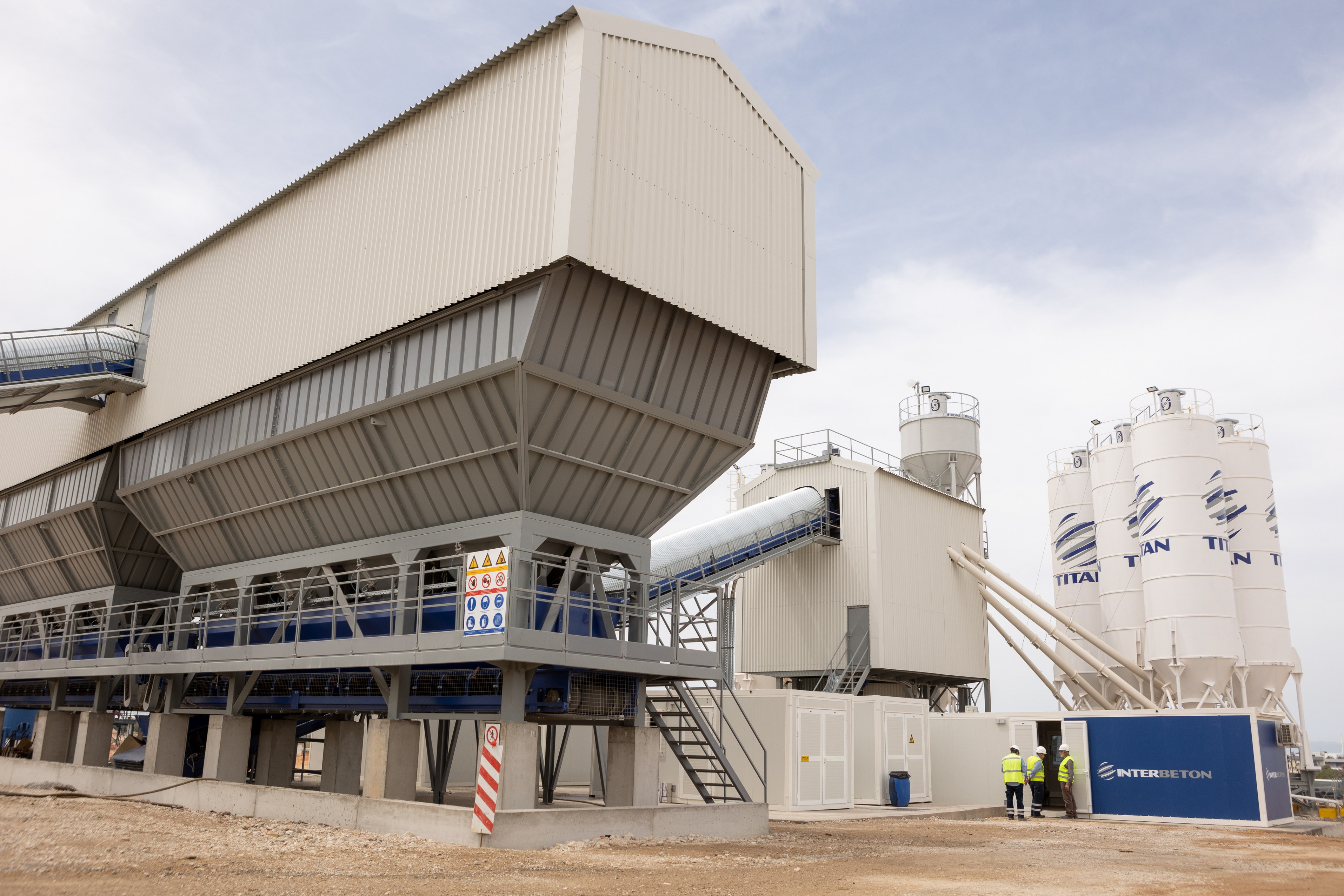Following the significant progress made in the field of electricity generation, the decarbonization of industry has become a central issue in the next phase of the European Green Deal.
In recent years, through a series of legislative initiatives such as the revised Emissions Trading System (ETS), the Carbon Border Adjustment Mechanism (CBAM), and the Industrial Plan of the Green Deal, the EU has been trying to address the nearly stagnant carbon footprint of its industries. At the same time, balancing the decarbonization of European industry with the preservation of its competitiveness has become a priority in the EU's new institutional cycle.
In light of these developments, the report titled "Decarbonizing Greek Industry: Plans, Challenges, and Prospects" aims to explore the current state, the plans of industries and the state, as well as the views of stakeholders that will shape the future of decarbonization in Greek industry.
Current Situation
The carbon footprint of the two most polluting sectors in the Greek industry remained high throughout the 2013-2023 period. Specifically:
In the Greek cement industry, a slight decrease in emissions has been observed. However, Greece has the highest carbon intensity (800 kg CO2/ton clinker) compared to European countries with the largest cement production (Germany, Spain, Italy).
In the oil refineries, after the carbon footprint remained stagnant between 2013 and 2020, it saw a significant increase in the last three years (2021-2023). On the other hand, the carbon intensity of refineries in Greece approximately follows the EU-27 average, being lower than the average in 2022 at 190 kg CO2/ton product compared to 200 kg CO2/ton product.
For the same period, as part of protecting European industries from the risk of "carbon leakage," the Greek cement industry received 68.5 million free emission allowances worth €1.66 billion, while Greek refineries received 46.5 million free allowances worth €1.25 billion.
Stakeholder Views
There is broad recognition of the need for decarbonization. However, some industry representatives consider the EU's climate targets overly ambitious and the speed at which the green transformation of industry is being promoted too fast. Conversely, other industry representatives, as well as civil society representatives, argue that actions to mitigate the climate crisis must move even faster. Concerns have been raised by industry representatives regarding the capabilities and costs of Carbon Capture, Utilization, and Storage (CCUS) technologies, as well as the sufficiency of the Carbon Border Adjustment Mechanism (CBAM) to protect the competitiveness of European industries against competitors from third countries. The revision of EU funding tools is seen as critical to enhancing support for "green" investments and ensuring fairness between industries in member states with differing economic capacities.
Industry and State Planning
Despite the reservations and concerns, Greek cement industries and refineries have demonstrated quick responses to the changing landscape.
Specifically:
They are designing and already implementing projects that will drastically reduce their carbon footprint by 2030, in alignment with the industrial emission reduction targets set by the National Energy and Climate Plan (NECP). The most significant emissions reductions are expected to occur from 2028 onwards, when large-scale CCUS projects are anticipated to be operational. Specifically, the measures planned by the Greek cement industries, including CCS, are expected to result in a 73.3% reduction in emissions from industrial processes (Scope 1) by 2030 compared to 2022, while a similar reduction in refineries is expected to be 26.8%.
"The major industries in Greece seem to understand that their competitiveness in the new global landscape is directly linked to the green transformation of their processes. The state must further support this effort by facilitating the electrification of industrial processes, creating an appropriate institutional framework for CCUS technologies, and promoting a central funding mechanism at the EU level to support green investments in industry," said Nikos Mantzaris, policy analyst at Green Tank.















